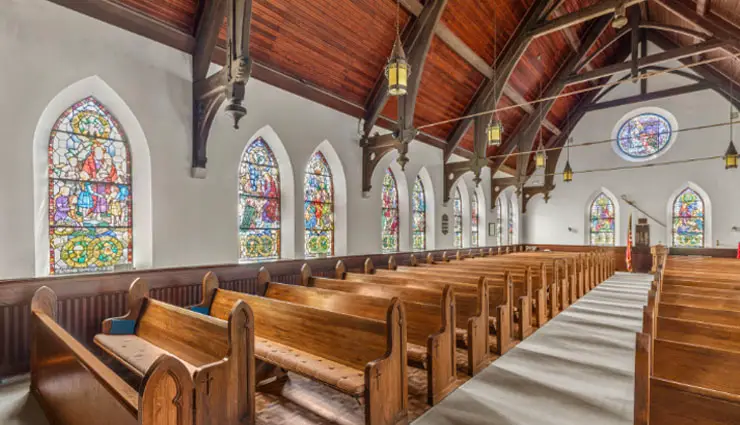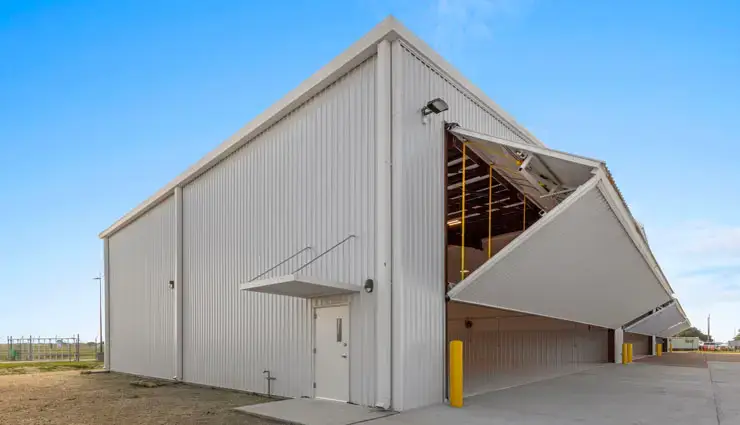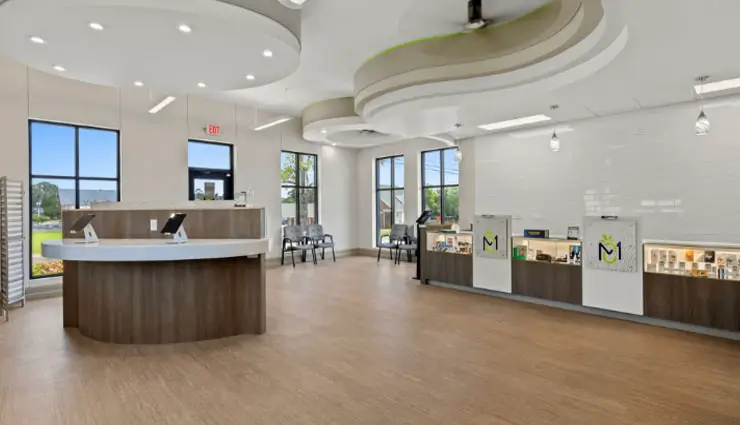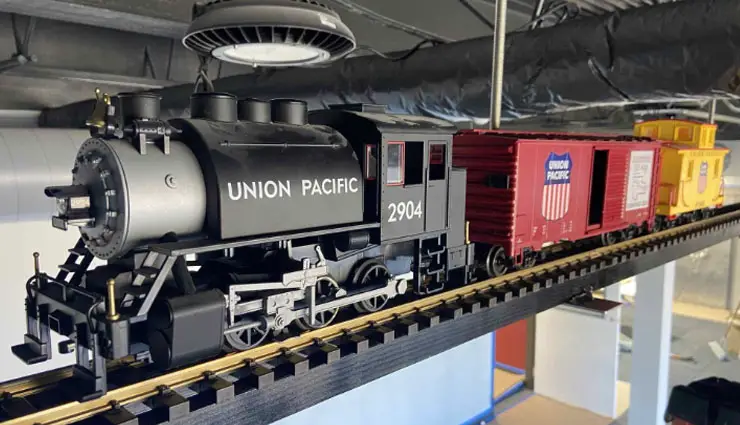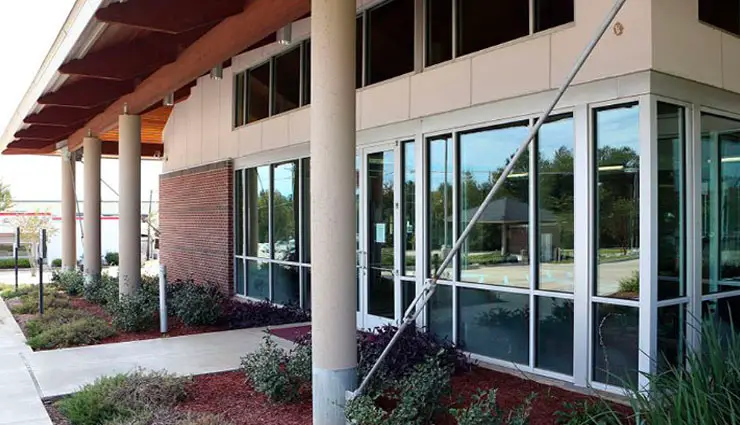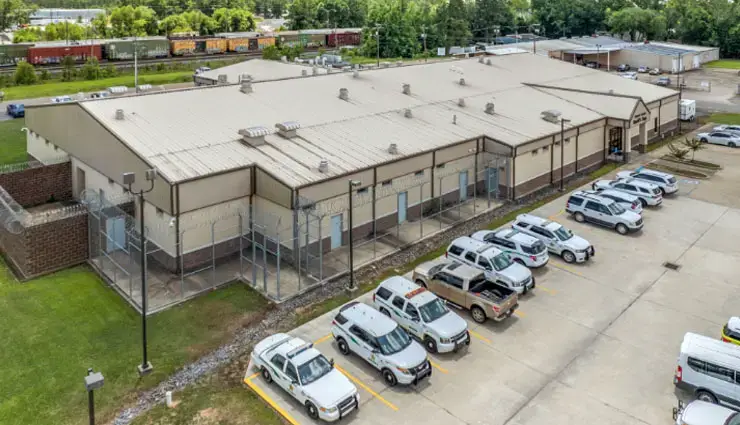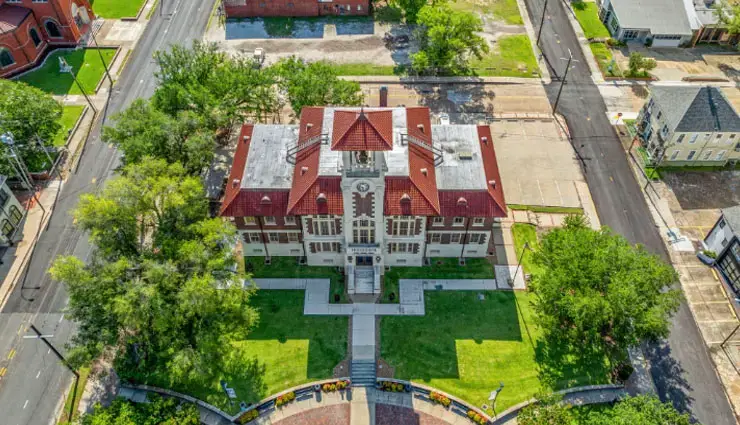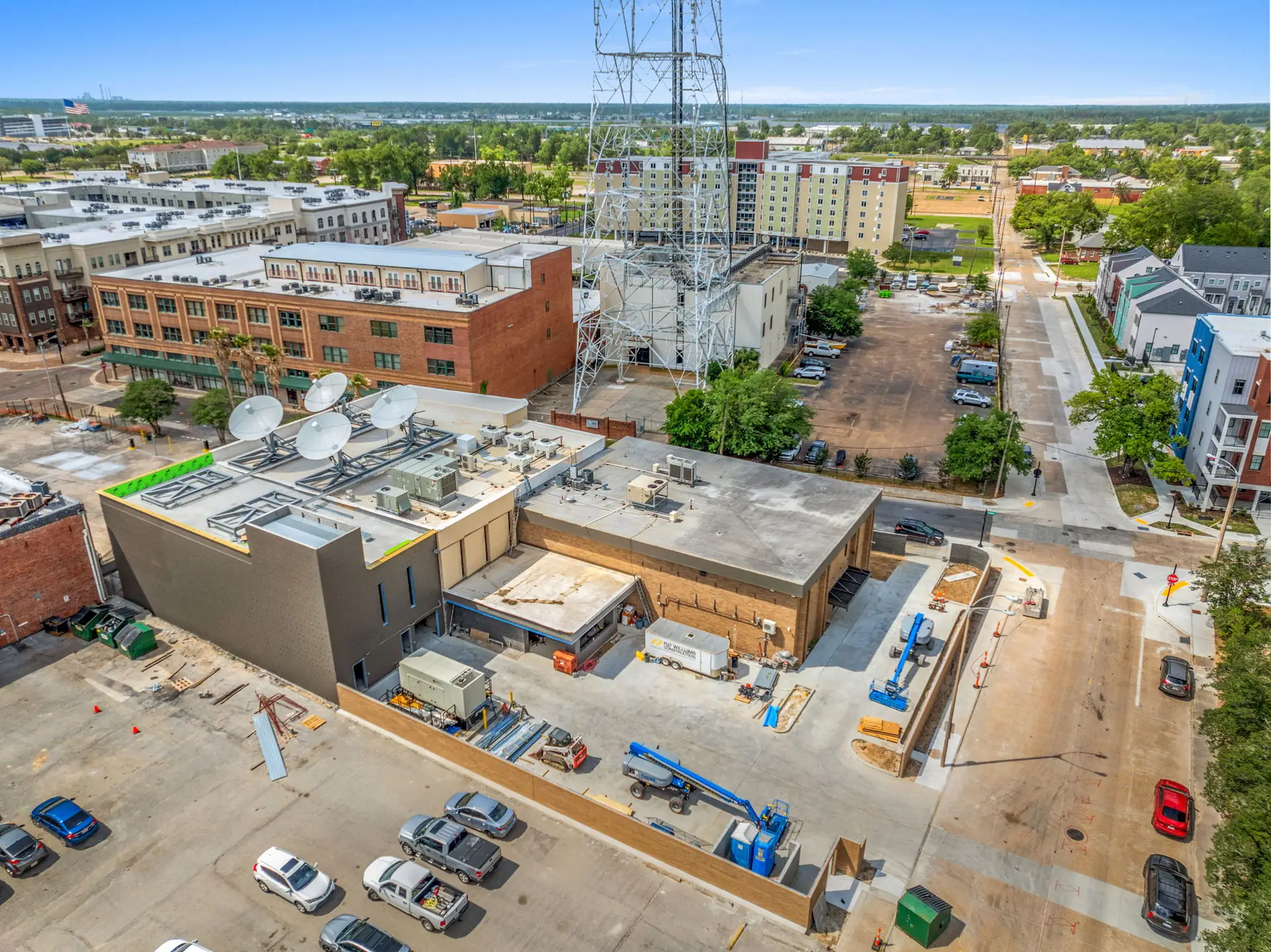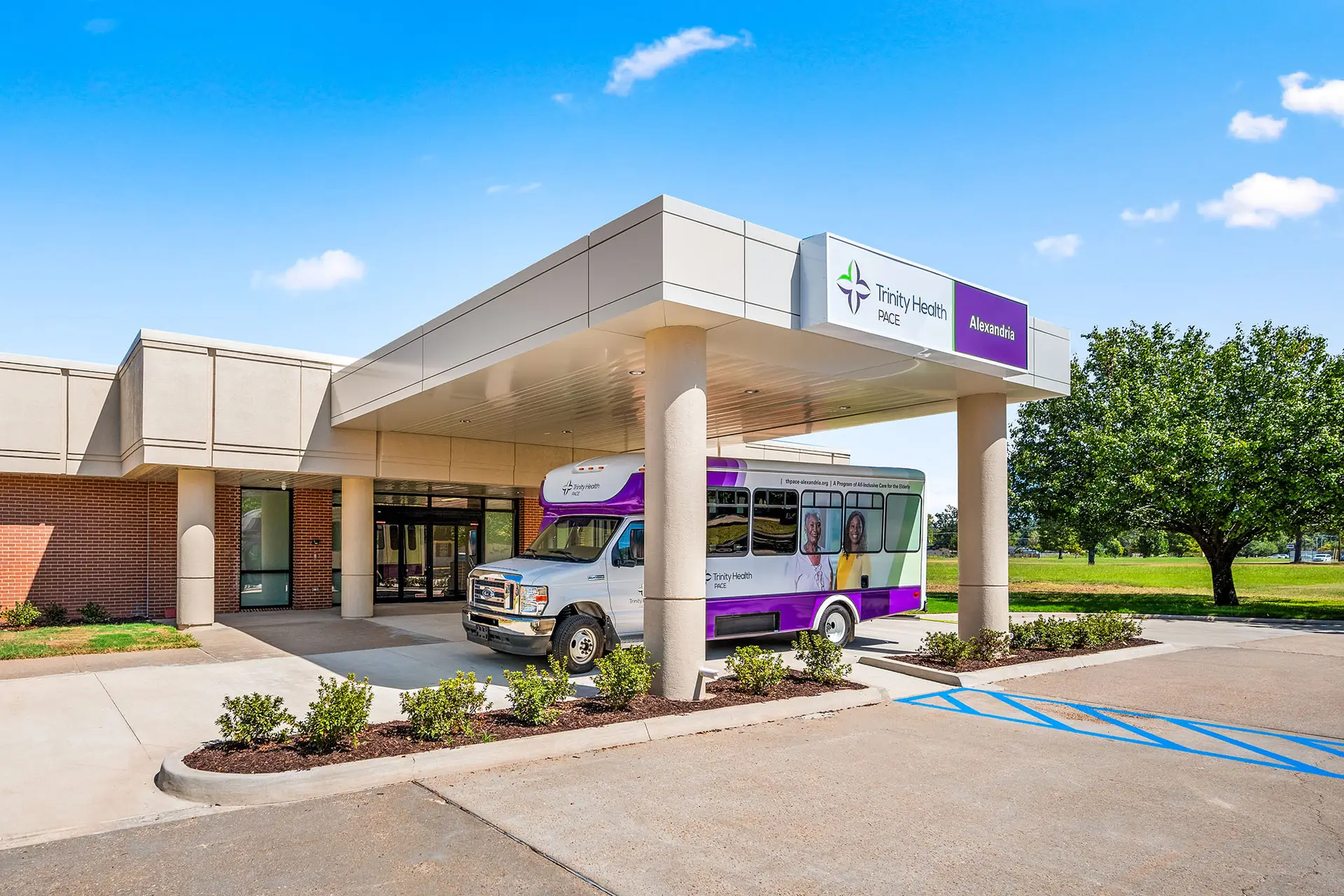
Why Due Diligence Is Non-Negotiable
Hiring a commercial general contractor is one of the most consequential decisions in any construction or renovation project. Unlike residential work, commercial contracts involve complex codes, multi-layered subcontracting, and high-value risk exposure. A wrong choice can lead to cost overruns, liens, or even full project failure.
This article outlines five essential due-diligence questions that go beyond references and price. These questions uncover financial stability, operational discipline, and the management integrity needed for a successful build.
1. Financial Health and Bonding Capacity
A contractor’s financial foundation determines whether your project crosses the finish line without disruption.
Ask:
- “What is your current bonding capacity and who is your surety?” – Verify both single-project and aggregate limits, and ensure the surety has a strong A.M. Best rating (A- or better).
- “Can you provide a letter from your CPA or bank confirming available working capital for this project?”
- “How do you handle payment schedules and protect against subcontractor liens?” – Well-structured contractors maintain lien waivers and clear internal payment controls.
Why it matters:
Contractors who lack cash flow or bonding depth may stall mid-project or default, leaving owners to deal with unpaid trades and potential litigation.
2. Proven Experience in Your Specific Niche
Not all experience is equal. A contractor with retail expertise might struggle with hospital compliance or food-service ventilation codes.
Ask:
- “How many projects like mine have you completed in the last three years, and what were their average sizes?”
- “What unexpected challenge have you handled successfully?” – Listen for specifics, not vague claims.
- “Who on your team will lead my project day to day?” – Meet the superintendent and project manager before signing anything.
Why it matters:
True specialization reduces design conflicts, regulatory surprises, and costly change orders.
3. Subcontractor and Supply-Chain Management
Subcontractors perform most of the field work in commercial construction, and weak oversight can derail even the best plans.
Ask:
- “What percentage of your work is self-performed versus subcontracted, and how long have you worked with your core trades?”
- “How do you mitigate material delays and shortages?” – A solid general contractor has backup vendors and procurement tracking systems.
- “What’s your process for pre-qualifying subs?” – Look for written criteria on safety, insurance, and financial checks.
Why it matters:
Contractors with loyal, vetted trade partners deliver smoother scheduling and fewer quality disputes.
4. Safety Record and Insurance Coverage
Safety performance is a direct reflection of a contractor’s field discipline and overall culture.
Ask:
- “What is your current EMR (Experience Modification Rate)?” – Anything under 1.0 is considered better than average.
- “Can you provide a Certificate of Insurance showing General Liability and Workers’ Compensation coverage?” – Confirm that coverage meets your lender’s requirements.
- “What is your formal safety program?” – Weekly safety meetings, OSHA logs, and site-specific safety plans show real commitment.
Why it matters:
Poor safety practices lead to injuries, downtime, and higher liability for the owner. Insufficient insurance can shift risk directly onto you.
5. Communication, Technology, and Project Management Style
Even financially strong contractors can fail if communication breaks down. The best firms use integrated systems that keep all parties informed.
Ask:
- “Which project-management platform will be used, and will we have access to real-time schedules and budget tracking?”
- “Who is our single point of contact?”
- “How are change orders handled and approved?” – Look for documentation, time stamps, and digital records, not informal emails.
Why it matters:
Transparency prevents disputes and ensures accountability from pre-construction through close-out.
Making the Final Selection
Contractors who answer these five questions with confidence, documentation, and clarity are more likely to deliver consistent results. The lowest bid is rarely the safest choice – financial stability, bonding strength, proven niche experience, and transparent management practices should carry more weight.
Action Step:
Before awarding a contract, verify bonding through the surety, confirm insurance certificates directly with carriers, and conduct reference calls with past owners in the same market segment. The diligence you invest before signing will protect your timeline, your capital, and your reputation long after construction begins.
x
PAT WILLIAMS CONSTRUCTION
HOURS: 7.00 AM – 5.00 PM
LAKE CHARLES
LEESVILLE
ALEXANDRIA

